Contributing € 5
Pather Panchali
- Mention as a patron in the credits
> 03 Co-financiers
Goteo ha construido una historia única en el mundo del micromecenazgo. ¿Quieres seguir formando parte de ella?
KZ50, a film society
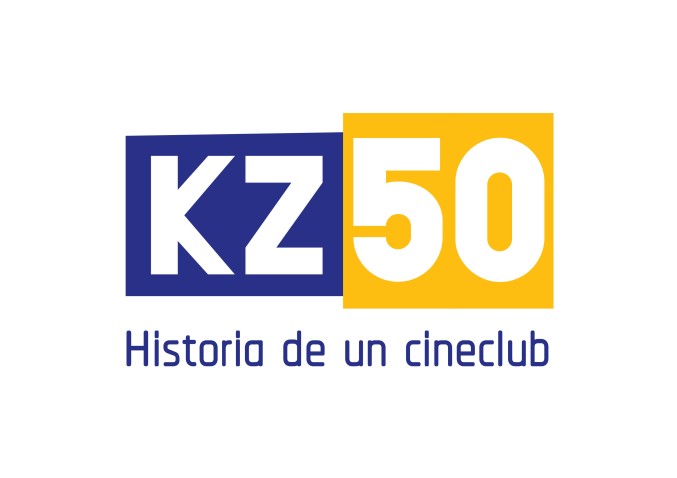

 Min.
Min.
 Opt.
Opt.

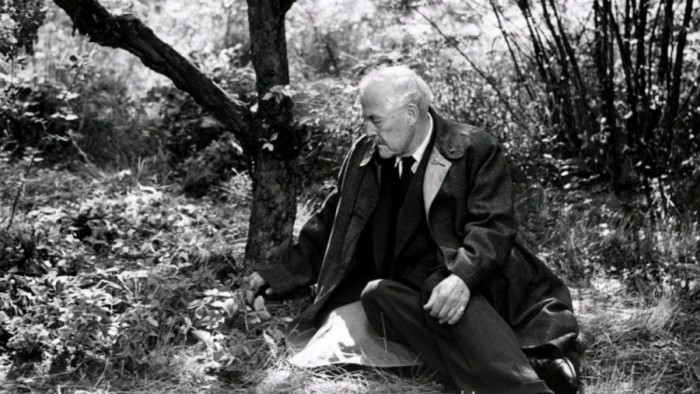
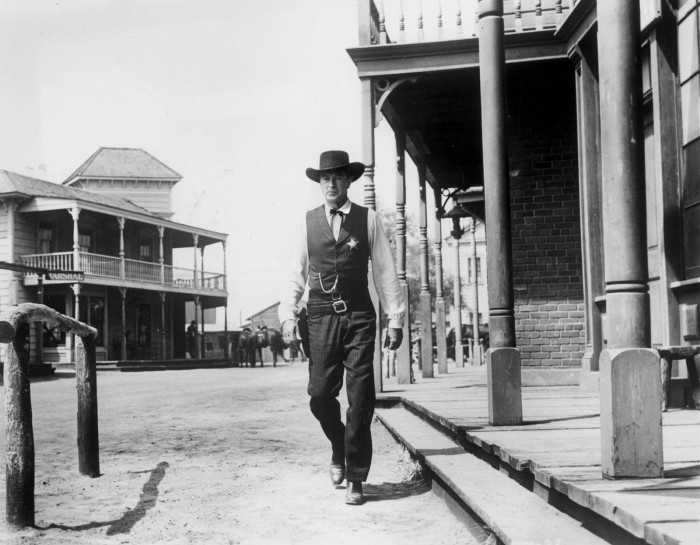
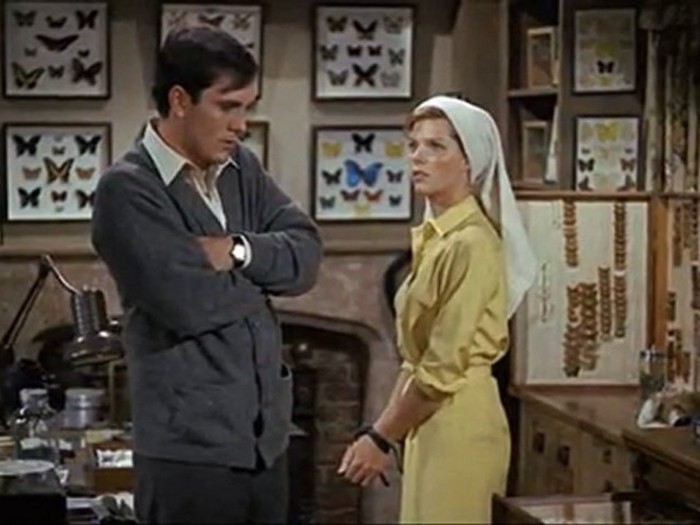
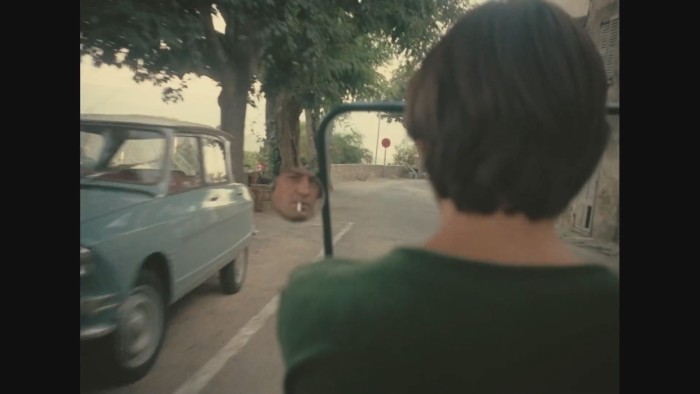
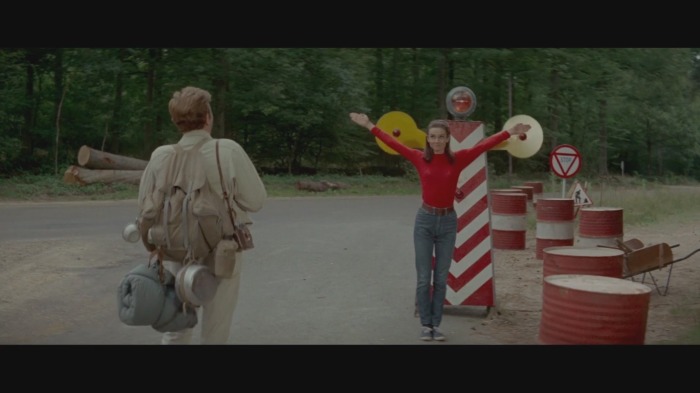
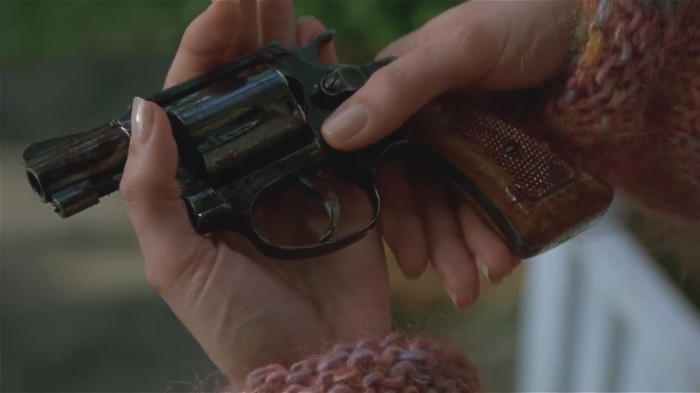
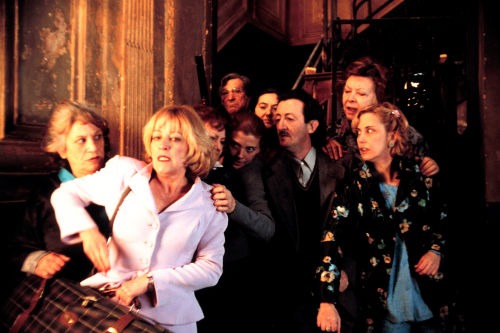
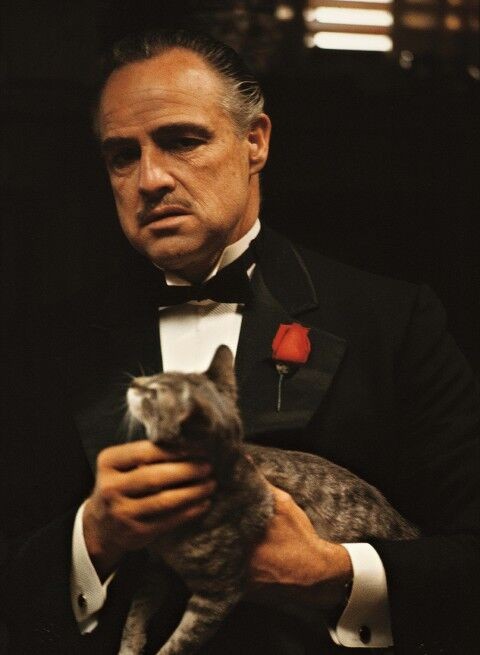
Documentary about 50 years of history of the most stable film society in Gipuzkoa, Basque Country, Spain.
 Infrastructure
Infrastructure
|
Minimum | Optimum |
|---|---|---|
|
Alquiler Teatro principal
Coste del alquiler del Teatro principal para el estreno
|
€ 450 | |
|
Comisiones y Tasas
El 5% de la comisión de Goteo.
El 0,8% de la comisión del banco.
El 3,4% + 0,35€ por transacción de Paypal.
|
€ 600 | |
|
Comisiones y tasas
El 5% de la comisión de Goteo.
El 0,8% de la comisión del banco.
El 3,4% + 0,35€ por transacción de Paypal.
|
€ 350 |
 Task
Task
|
Minimum | Optimum |
|---|---|---|
|
Envío de recompensas
Envío de recompensas a casa del mecenas.
|
€ 350 | |
|
Producción
Coste minimo de producción de la película
|
€ 400 | |
|
Guión
Escritura y desarrollo del guion.
|
€ 400 | |
|
Grabaciones
Grabaciónes minimas de las entrevistas a los protagonistas
|
€ 1.000 | |
|
Edición y montaje
Edición y montaje minimo de la película
|
€ 1.000 | |
|
Material de archivo
Buscar y seleccionar material de archivo para la edición
|
€ 750 | |
|
Grafismos
Grafismos para la película
|
€ 640 | |
|
Música
costo minimo de la creación de musica para la película
|
€ 600 | |
|
Locuciones
Grabaciones de voz en off para la película
|
€ 320 | |
|
Vimeo
Link de la película en la plataforma vimeo
|
€ 200 | |
|
produccion optima
Coste optimo para la producción de la película
|
€ 280 | |
|
Musica
costo optimo de la creación de musica para la película
|
€ 300 | |
|
guion
coste optimo para el proceso de guionizar
|
€ 240 | |
|
Material de archivo
tiempo optimo para la busque de material de archivo.
|
€ 540 | |
|
Edición y montaje
Edición y montaje optimo para de la película
|
€ 750 | |
|
grabacion de las entrevistas
Grabaciónes optimás de las entrevistas a los protagonistas
|
€ 430 |
 Material
Material
|
Minimum | Optimum |
|---|---|---|
|
Material de apoyo
Minimo para diferente material y gastos varios
|
€ 250 | |
|
Creación del DVD
Creación de la edición exclusiva del documental en DVD y el envio a los mecenas.
|
€ 500 | |
|
Material de apoyo
coste optimo de diferente material y gastos varios
|
€ 150 | |
| Total | € 6.760 | € 10.500 |
[Kresala film society] (www.kresalazinekluba.com) was created in 1972 with the aim of showing films and being able to talk about them, creating a space where it was possible to talk with some freedom . The film society has survived until today, a day when it is in good health and when it is time to look back and take stock. And what better than a cinematographic document to celebrate this anniversary.
It will be a documentary about Kresala film society, in homage to its 50 years of history.
A song to the cinema and our love for him .
We want to do it using fragments of films exhibited in the film society throughout its 50 years.
Spectators, members and collaborators linked to the Kresala throughout its history will participate .
It will premiere in the OLD THEATER of San Sebastián on October 19, 2022 coinciding with the 50th anniversary of the first session.
Documentary of less than 30 minutes that, piece by piece, completes a puzzle that gives us back the reflection of our own history.
It will be made by professionals who in one way or another have deeply understood the philosophy of the film club.
We understand the documentary as the preservation of a collective memory that has accompanied us in the history of this country. From the dictatorship to today. Told by the protagonists and also counting with fragments of films that the censorship prohibited.
To highlight and spread the culture of film clubbing . Because conventional narrative cinema is so important as more experimental bets that advance language since they are avant-garde.
Make a tribute to the cinema, which is capable of moving and teaching us. Help us grow as characters grow in a movie.
The making of the documentary "KZ 50, the history of a cinema club" will be carried out in three phases, for which it is essential to have financing that covers the expenses.
First phase: pre-production .
Research of archive material and script.
We want to tell the film club's journey throughout its 50-year history and this implies investigating: the films screened, the debates that took place, the physical supports that publicized those screenings (newsletters, posters, newspaper articles, etc.).
The work behind this entire organization will also be investigated by conducting interviews with members and ex-members of the film club, as well as collaborators, spectators ... All with the aim of collecting what happened / happens before and after the screenings: the viewing of candidate films, the agreements and disagreements in their choice, the negotiation with the distributors, the accomplishment of the editorials that announce the programming, the nerves at the time of opening the doors of the theater, the desire that everything goes well …. Anecdotes ranging from the censorship during the Franco regime, to the adaptation itself to the measures dictated by the recent health emergency.
In order to carry out this research, a professional will be able to dive into the material and make the script that will shine a light on the history of the film club. This script will be essential in the subsequent phases.
Second phase: production .
Filming.
According to the script prepared and the available budget, a plan will be made of the recordings that are needed both to spin, and to complement, the archive material collected and selected in the previous phase.
The suitable locations and the people who will participate in the project will be sought.
The necessary audiovisual equipment will be rented and a small professional team will be hired.
Some recordings will consist of interviews, others will be resource shots illustrating the script, but re-enactments may also be made.
Third phase: post-production .
Audio and video montage, animations, music composition, color correction, sound post-production, and making final copies for distribution.
With several hard drives full of the film club's own archive material, film extracts and recordings of various kinds, the material will be edited according to the script set in that first phase.
In this phase, it will be necessary to hire several professionals who have the necessary professional equipment.
A montage can have several drafts, so several viewings will be carried out until the final edition is found before the scenes that require it are set to music. It is possible that graphics or small animations will also be made to complete the editing before reaching the final phase of post-production: color correction, sound mixing, and making DCPs for their premiere in the celebration of 50 years on 19 of October 2022, as well as for its international distribution by the different film clubs of the world.
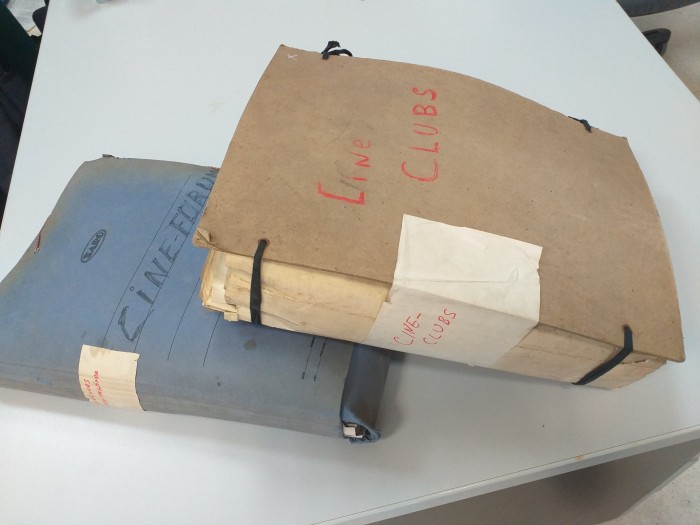
We want to pay tribute to all the people who have kept the film society alive. Allowing Donostiarras to access a less commercial cinema.
The documentary is aimed at anyone who loves cinema, has ever been excited in a theater or simply wants to learn through experiences seen on screen.
The love for cinema, its preservation and its memory are the great motivations of this documentary
The team will be led by [Leire Egaña] (www.leireegana.com). Versatile and versatile creator. She that she works with total dedication towards the objectives set in this profession that she is so passionate about. She is always ready to develop projects of any kind, in different parts of the planet. She studied filmmaking at London Film School, where she directed several shorts, as well as she launched the web series [The northern line series] (https://vimeo.com/135280473). Once back home, she has participated in various projects, both her own and collectively. She won an award for filming a documentary in Peru, the result of which was awarded in various world festivals. She is part of the collective project Guda parteak, a feature film made up of several stories directed by different authors around the theme of feminism. She has also worked as Assistant Director in several projects of the Izar Films production company (2 urte, 4 hilabete, egun 1, or My little great samurai). Recently, he has worked in the Bidegurutzean program, which ETB premiered this April, and in September he will direct the short Erlojupekoa that is filmed in Galdakao, as part of the [Geuretik sortuak] scholarship (https://www.udalbiltza.eus/eu/ proiektuak / geuretik-sortuak) obtained through Udalbiltza.
Her passion in filmmaking also leads her to be part of Kresala Zinekluba, of which she has been a collaborator since 2018 and hence her interest in wanting to tell the story of the film club.
She has the support and infrastructure of the Gipuzkoan production company [Bira] (www.biraprodukzioak.eus) in which she currently works, in order to carry out this project.
The film club team gives support to the production company to be able to carry out the documentary. making available the file and the different documentation.
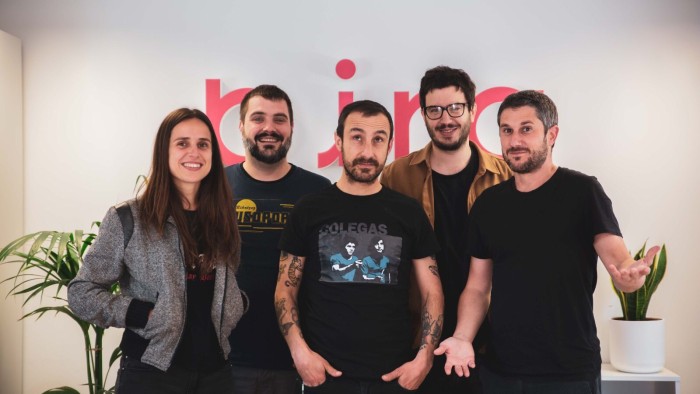
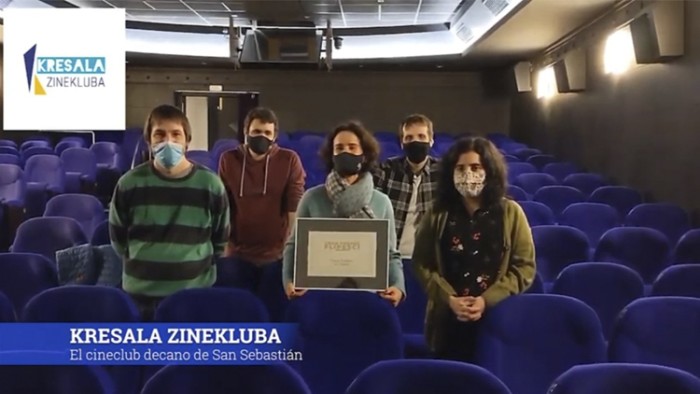

We bring to Gipuzkoa cinema that, if it weren't for our programming, it wouldn't be seen.
The ethical commitments of the association (which are public) will be present in the documentary.
Cineclubes are beyond a movie theater, a space for reflection, visibility and awareness of problems that affect society. The documentary is a tool to show in a didactic way what a film club is and what its function is within the machinery of society.
Pather Panchali
> 03 Co-financiers
Smultronstället

> 12 Co-financiers
high Noon

> 44 Co-financiers
The collector

> 08 Co-financiers
La Collectionneuse

> 03 Co-financiers
Two For The Road

> 20 Co-financiers
Goodfellas

> 10 Co-financiers
The comunity

> 03 Co-financiers
The Godfather

> 00 Co-financiers
Surely you have in your possession an old newsletter or catalog of Kresala or any other film society. We would like you to contact us so we can inclu
If you have come this far it is because you have a film society soul. We would like you to share with us what a film society is for you, or tell us w